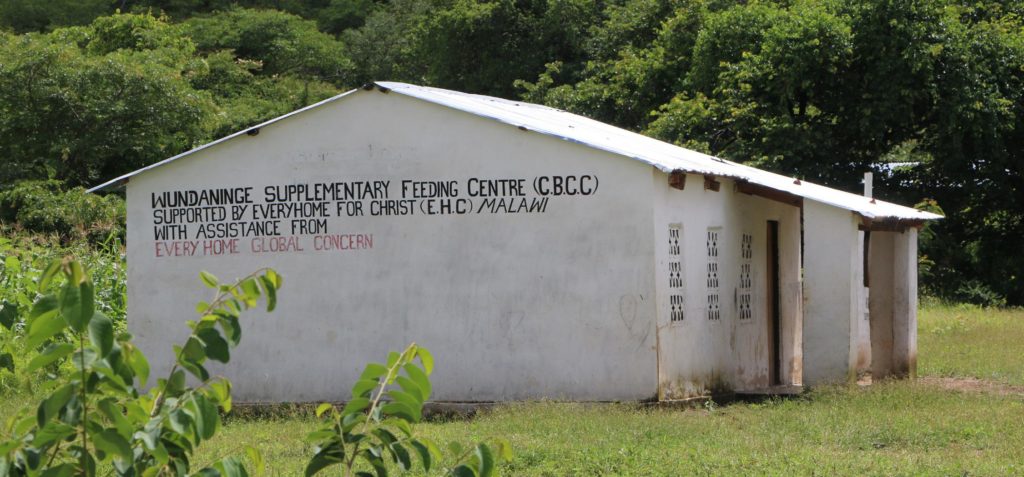According to a 2018 report from UNICEF
• 23 % of all child death cases in Malawi are related to under-nutrition.
• Stunting (being too short for one’s age) affects 37% of children in Malawi.
• Number of children (0 -14 years) living with HIV is 110,000.
• School-age children (ages 5-19) are 39.5% of the total population.
• More than 6% of children in Malawi are still not attending primary school.
• Only 58.5 % of school going children finish the first 4 years of school.
• One in four children is involved in child labour.
• 65% of girls and 35 % of boy’s experience child abuse in their lifetime.
Malawi (formally known as Nyasaland) is a beautiful landlocked country in South East Africa bordered by Mozambique, Zambia and Tanzania. The name “Malawi” is derived from the name Maravi who were a tribe of people who migrated to the country from the southern Congo region around 1400 AD. The country is globally renowned for the arrival of the famous Scottish explorer and missionary Dr. Livingstone in 1859, who established Christian ministries throughout the country.
A large part of their work at that time was to help bring about the end of slavery in Malawi, which was finally abolished in the country in 1897. From Livingstone’s arrival, Malawi proceeded to be under British colonial rule for approximately 80 years until the country finally gained its independence in 1964. Due to a struggling economy and a lack of biodiversity matched with an ever-increasing population,Malawi is now the poorest country, in the world with a long way to go in establishing itself without the need for foreign aid.
Most Malawians rely on subsistence farming, but the food supply situation is precarious because of the climate. Malawi is one of the world’s countries worst-hit by HIV-Aids and home to more than one million children orphaned by the disease.
In the poorest parts of the world it is almost impossible for a lone parent to support a large family. And families tend to be large. On average, Malawians have 6.2 children and traditionally, extended families would look after orphaned children. But as Malawi’s population continues to grow at an astonishing rate, many families are finding it harder to properly care for nieces and nephews or grandsons and granddaughters left behind.
ORPHANS “RESCUED” Let me introduce you to Mwatipa, and Tiyamike, the children of one of the Every Home workers in Malawi.
Like most children they felt secure and loved and were being brought up by loving parents who excitedly shared with their children the good news that there was soon to be another child in the family. However, as is the case many times in Malawi, the new baby boy, Chigonjetso, was delivered at the expense of his mother who tragically died at childbirth.
Their griefstricken father struggled to look after the baby and the two older girls as well as being faithful to his calling as an Every Home worker. Tragically, when Chigonjetso was still a baby, this father died from Malaria, leaving 3 heart-broken orphans. Ruth, their Aunty, took these children as her own and has given them the life her sister would have wanted although life in rural Malawi with 3 children was a great struggle financially. However one of the Every Home supporters heard about the plight of these children and she has been sending monthly financial support for this family. Ruth married a Malawian Pastor and has since given birth to two healthy baby girls, increasing the family to seven.

An email from Ruth said, “God has been good to us, these children they don’t live as orphans as others do, they live as if both parents are alive. ”
Although Every Home for Christ doesn’t have a child sponsorship Program in Malawi or Zambia, we do have, as part of the Food Security program, feeding centres for children under 5 years old. These orphaned children are cared for by relatives who really have so little themselves, so every day they bring the children to the Feeding Centre where they are given a nutritious lunch, listen to stories, sing and dance and learn simple games and basic facts about health and hygiene.
EHC used to receive government support to help keep these feeding centres going but, as this support is no longer available, we need to raise the funds ourselves.
Could you please consider whether you could help care for these orphaned children in Malawi & Zambia by giving a special one-off gift.


